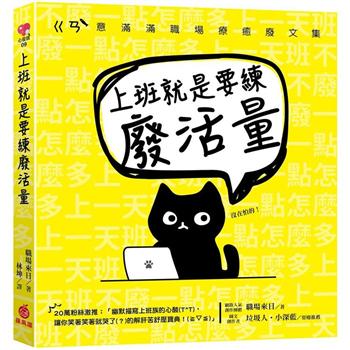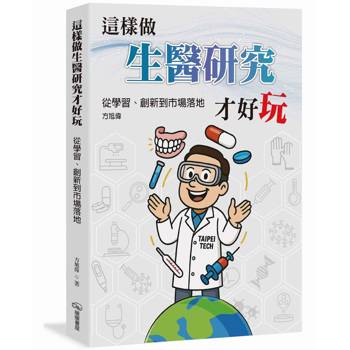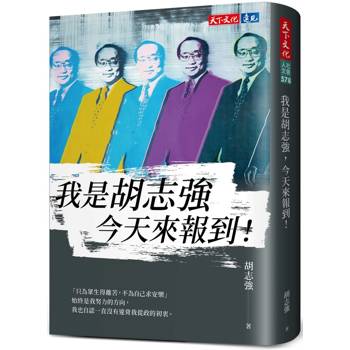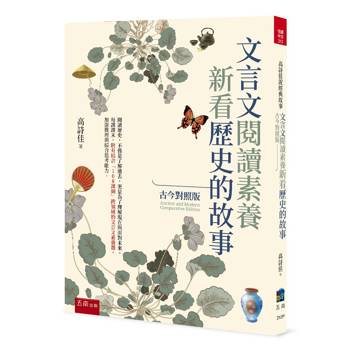Barbara Ungar’s latest collection, fiercer and funnier than ever, defends the planet and gives us the heart to join her in the fight. Celebration of our most startling animal cohabitants matches her insight into the human foibles that have brought us so near the brink of extinction, all with such originality that we can only feel the joy of creation and a determination to protect what matters most: this extraordinary world, and each other.
Martha Silano, author of Gravity Assist, says: After Naming the Animals exquisitely reveals the scale and magnitude of our collective knack for soiling our own nest. In a book by turns energizing, infuriating, mind-blowing, and devastating, Ungar’s superpower is her gift for language: "We’ve made a billion elephants’ worth of plastic," and "Weep into your soup; under a third of birds / fly free - the rest, poultry" she quips. I found her insistent reminders that humans make up "a hundredth of a hundredth / of the living, .01%" and that atoms are "9,999 parts / empty space" weirdly reassuring. An eco-poetics virtuoso, Ungar’s infectious enthusiasm for ferruginous pygmy owls, tiny tarantulas, minute leaf chameleons, bumble bee bats, jaguars, and blue dragons with "six appendages / like six tiny headdresses for Cher" kept me agog and rapt. While inviting us to consider our perilous state, Ungar’s wide-eyed wonder and against-all-odds hope are, thankfully, contagious.
Michael Meyerhofer, author of Ragged Eden, adds: This is easily the best book yet from a poet already known for her unique blend of precise lyrical craft and somersaulting wit, brimming end-to-end with observations that slice through our complacency like a scalpel made of obsidian. But there’s also a wild kindness to these poems, a fierceness born from heartbreak and the realization that, yes, the same soil that gives us flowers is also filled with bones, hard and brittle in the dark.
Carlie Hoffman, author of When There Was Light, concludes: "We have paved the Earth with chicken bones," Barbara Ungar mourns in her breathtaking new collection. In a masterful web of dread, humor, tenderness, brutal honesty, and exquisite lyricism, After Naming the Animals scrutinizes our human-made-apocalyptic world: "Half Earth’s creatures / have vanished...while we’ve redoubled." Ungar’s vision is broad and multifaceted-Eve returned as wanderer lamenting our fallen planet, yet there is hope in the power of what "the tongue loves." The self remakes, shifts, travels outward, backward, and within, carrying new knowledge in the language. Ungar provides the nourishment of becoming "your own neighborhood myth" while reconfiguring a relationship with the garden, a reckoning with our biblical, familial, and historical pasts, or as she puts it: "where on Earth is not ploughed with someone else’s bones?" There is both beauty and necessity in retelling stories even in the face of "drawing evil." To name is also to plant a seed in "fertile ground in which to grow. / On the very last day, amidst the flames."










